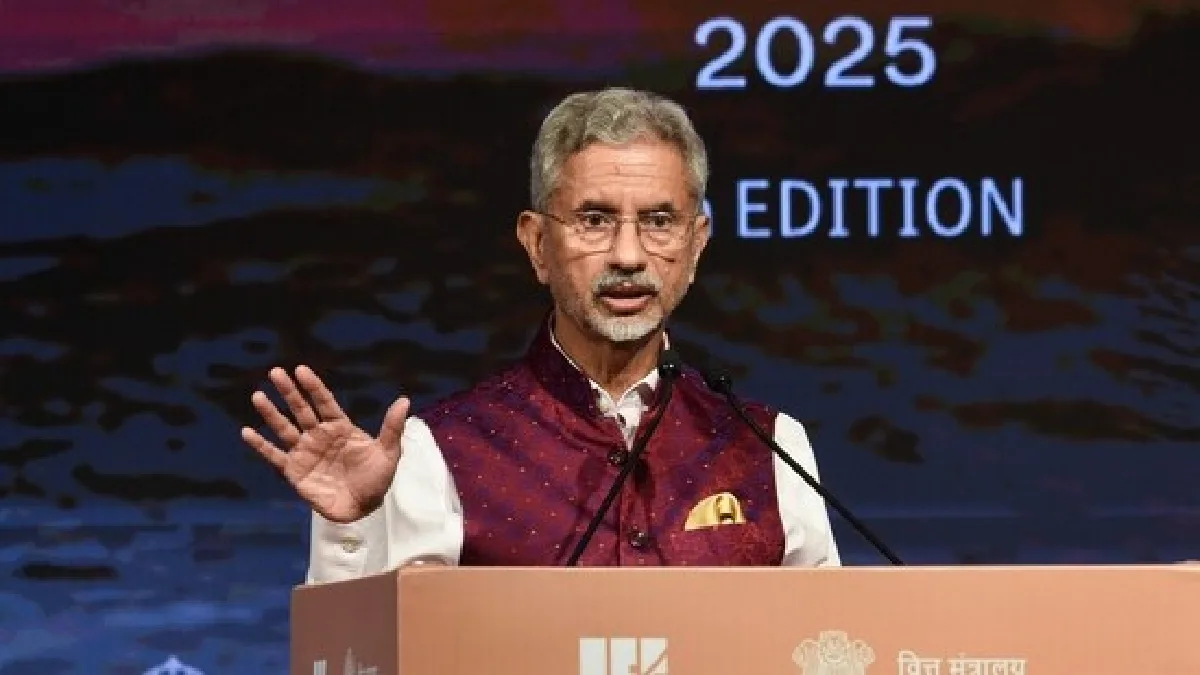India’s External Affairs Minister S. Jaishankar on Sunday drew firm “red lines” regarding ongoing trade negotiations with the United States, making it clear that New Delhi will not compromise on certain key sectors despite Washington’s push for wider access to the Indian market.
Speaking at the Kautilya Economic Enclave in New Delhi, Jaishankar emphasized that while both nations must eventually arrive at a “trade understanding,” India’s core interests would remain non-negotiable. “Whatever happens, India and the U.S. will have to reach a trade understanding. But it must be one where our bottom lines, our red lines, are respected,” he said.
These red lines primarily concern U.S. demands to open India’s agriculture and dairy sectors an area Prime Minister Narendra Modi has repeatedly vowed to protect. “In any agreement, there are things you can negotiate and things you can’t. We are quite clear about that,” Jaishankar remarked.
Stalled talks and tariff tensions
Jaishankar acknowledged that trade discussions have struggled to find “a landing ground,” resulting in reciprocal tariffs imposed by the U.S. He termed the 25% additional tariff along with the “penalty” for India’s purchase of Russian oil as “unfair,” pointing out that other nations with stronger antagonism toward Moscow continue to import Russian energy without facing similar sanctions.
His comments come amid renewed efforts to revive India-U.S. trade talks that resumed following improved diplomatic ties between Prime Minister Modi and President Donald Trump earlier this year. However, it remains unclear whether a partial trade deal can be finalized this fall as initially planned.
U.S. commerce chief’s remarks spark response
Jaishankar’s firm stance follows statements from U.S. Commerce Secretary Howard Lutnick, who recently insisted that India must “open its markets” if it seeks sustained trade ties with the U.S., even suggesting that New Delhi align its energy policy by reducing oil imports from Russia.
Trump, meanwhile, has given mixed signals alternately praising Modi as a “good friend” and criticizing India for allegedly “funding Russia’s war” in Ukraine. His administration has also linked trade flexibility to India’s position on regional conflicts and its purchase of Russian oil.
Emphasis on self-reliance
Jaishankar concluded by saying India’s response to global instability should lie in strengthening its domestic capacity. “The answer for a more difficult world is not just outside; a large part of that answer is inside,” he noted, in what appeared to be a reference to the government’s push for swadeshi (indigenously made) goods and self-reliance in trade and manufacturing.
